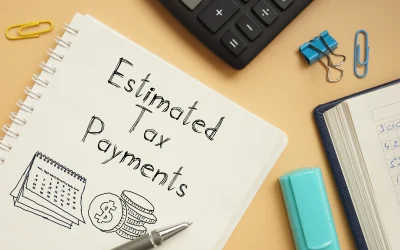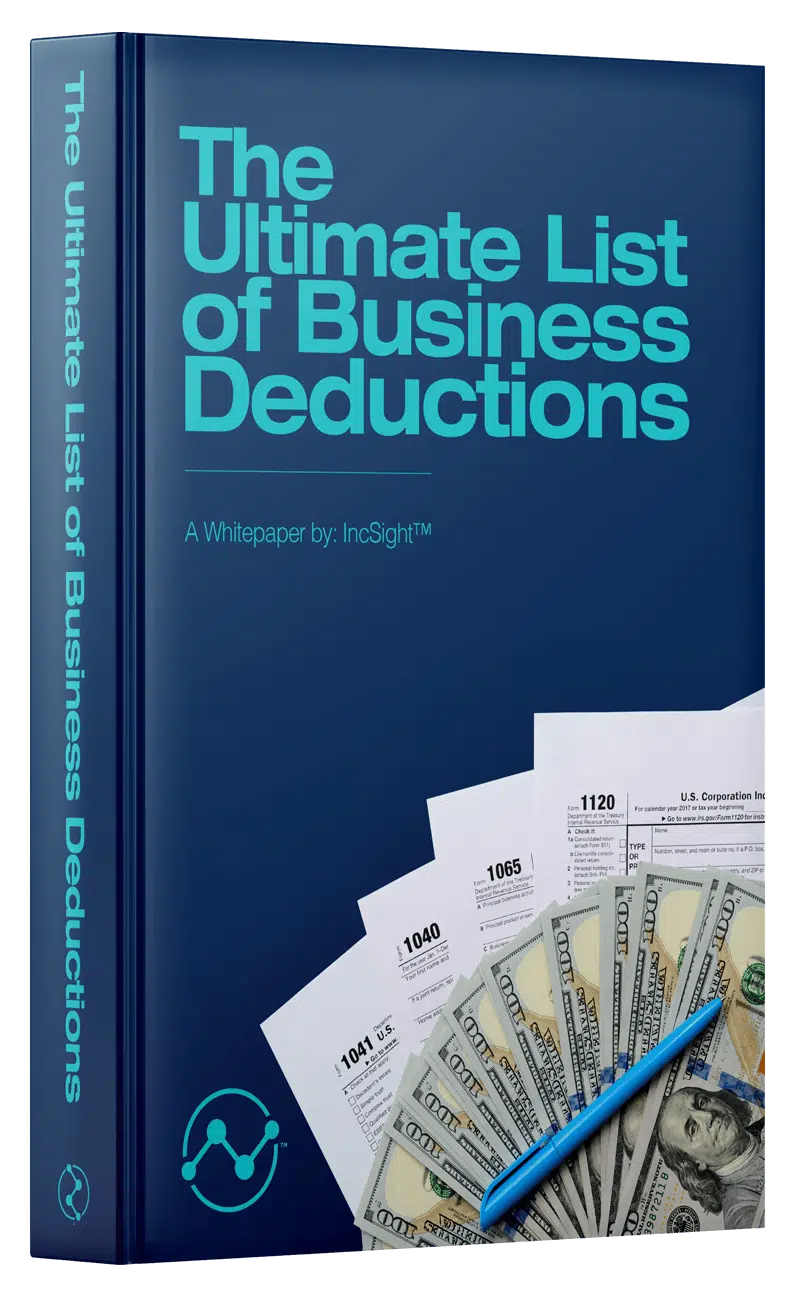“I paid for business items personally, how do I get those recorded in the business?”
“I have some items that are both business and personal mix. How do I report those? Should I run them through the business or should I run them personally and reimburse myself?”
Questions like these are something we hear from our clients and Tax Minimization Program members all the time. It is important that this is done correctly to ensure that those reimbursements do not end up turning into income.
Before I get started, I want to make this very clear. If you have an expense that is 100% business related, simply run that through your business account and you do not have to worry about any of this. A reimbursement would be used for situations like this:
- Accidentally paid for a 100% business expense personally instead of using your business account.
- Have an expense that is both business and personal mixed.
Operating As A Sole Proprietor or Single Member LLC, How Do I Reimburse Myself?
With a sole prop or disregarded entity (Single Member LLC) there is no need to have a formal reimbursement policy. You would simply take the deduction for the business portion of an expense on your Schedule C when filing your taxes.
If it’s something like mileage or the home office there will actually be a section directly on the Schedule C to take advantage of that.
If it is something else, like a cell phone, that is lets say 80% business use, you would again simply just add that to your Schedule C when filing your taxes. For those other scenarios (non auto/home office) if you really wanted to you could transfer money from the business account to your personal account for the business use and then take the expense that way too.
NOTE: If you have employees in your business then you would want to have an accountable plan in place as discussed below.
Operating As A S or C Corp, How Do I Reimburse Myself?
S Corporations are handled a little differently. Remember if you operate as an S Corp you are an employee of the corporation.
When employees spend money on behalf of the business you reimburse them for it and get a business deduction which is a totally fine practice, IF you are following the IRS rules and have an “Accountable Plan” in place.
Typically when you pay an employee, you pay them wages which are subject to both employment and income taxes. However, that is not the intention with a reimbursement so if we want to ensure employees (including you) do not get hit with taxes on reimbursements we need to have a properly setup accountable plan in place.
What Is An Accountable Plan?
An Accountable Plan is a reimbursement policy and expense reporting system that allows owners and their employees to turn in expense reports to the business for reimbursement in a way that keeps those amounts from being counted as taxable income.
Basically it allows your business to get a deduction for the reimbursement that the employee submitted and that reimbursement is also tax-free to the employee. The accountable plan is the tool to ensure this is done according to law.
How Do I Setup An Accountable Plan?
Tax rules do not require you to have a written accountable plan in place, however we still always recommend it as it makes it clear to both you and your employees (if applicable) and in the event of an audit, it helps you make your case that much easier.
There are four major requirements with an accountable plan:
- Business Connection
- The expense must be a valid business expense that occurs in the normal course of business. Just as if you were to run it through the business.
- Substantiation
- Employees need to submit the required proof of the particular expense. Think of this as like an expense report, trip sheet, detailed receipt, etc. A receipt or other documentation is typically required for any expense of $75 or more and should include: amount, business purpose, date/time, description, etc.
- No Excess Payment
- If there were any advances or excess reimbursement made, that must be returned or change and record as taxable wages.
- Timeliness
- Reimbursements and substantiation must be submitted in a timely fashion.
As part of our Tax Minimization Program we have a full section on the Accountable Plan and we discuss this full setup:
- Adopt a Written Reimbursement Policy (Accountable Plan)
- In the Tax Minimization Program we have a sample accountable document that lays out the 4 requirements discussed above.
- Create an Accountable Plan Template / Expense Report
- In the Tax Minimization Program we have an accountable plan tracker that can be used to help business owners calculate their reimbursement along with a sample expense report for regular expenses.
- Make the Reimbursement Payment
- Pay from the business bank account to your personal (or your employee’s) bank account. Note if you are including this in a normal pay-run be sure to clearly separate the reimbursement so it is not included in wages. Also ensure to keep all original reports and documents for your records to back up the reimbursement.
What Are Some Common Accountable Plan Expenses?
As we discussed, basically anything that is a valid business deduction can be reimbursed utilizing a properly setup accountable plan. With that being said, here are some common ones that our clients and Tax Minimization Program members take advantage of:
- Home Office
- Automobile (Owned by Employee, NOT Business)
- Office Expenses
- Travel (Either Actual or Per Diem)
- Parking / Tolls
- Business Meals
- Tools / Equipment
- Dues & Subscriptions
- Licenses
- Cell Phone / Internet
- Training / Development
What Else Do I Need To Know About Reimbursements?
- As a Sole Prop or Single Member LLC reimbursements to you as the owner do not need a formal plan you can just take them on your Schedule C. However, if you had employees you would still want to utilize one.
- As an S or C Corporation owner you are considered an employee of the business and would need an accountable plan setup.
- Without a proper accountable plan in place, the IRS could treat that reimbursement as wages for tax purposes which could cause unintended employment and income taxes.
- If you have employees outside of yourself as the owner you can have a specific accountable plan for the owner that is different than the reimbursement policy or accountable plan for other employees.
- Remember: If an item is 100% business use, save the extra effort and simply run it through the business account. This is specifically for business items you accidentally paid for personally or items that are business and personal mix.
- As we get close to year-end this is something you will want to ensure you get setup and implemented before year-end to get that reimbursement expense this year.
As discussed we go through this even deeper along with sample documents and such in our Tax Minimization Program.
- The Time Is NOW To Start Paying Less In Taxes. Join Our Tax Minimization Program (w/ Stress Free Bookkeeping Training)!
What you’ll get:
- Library of Tax Strategies, Implementation Guides, Videos, Downloads, etc.
- Stress Free Bookkeeping Training Program
- Ask A Pro – Unlimited email access to our team, it is like having an accountant in your back pocket!
- Monthly Group Trainings
- Private Facebook Group
- Partner Directory








